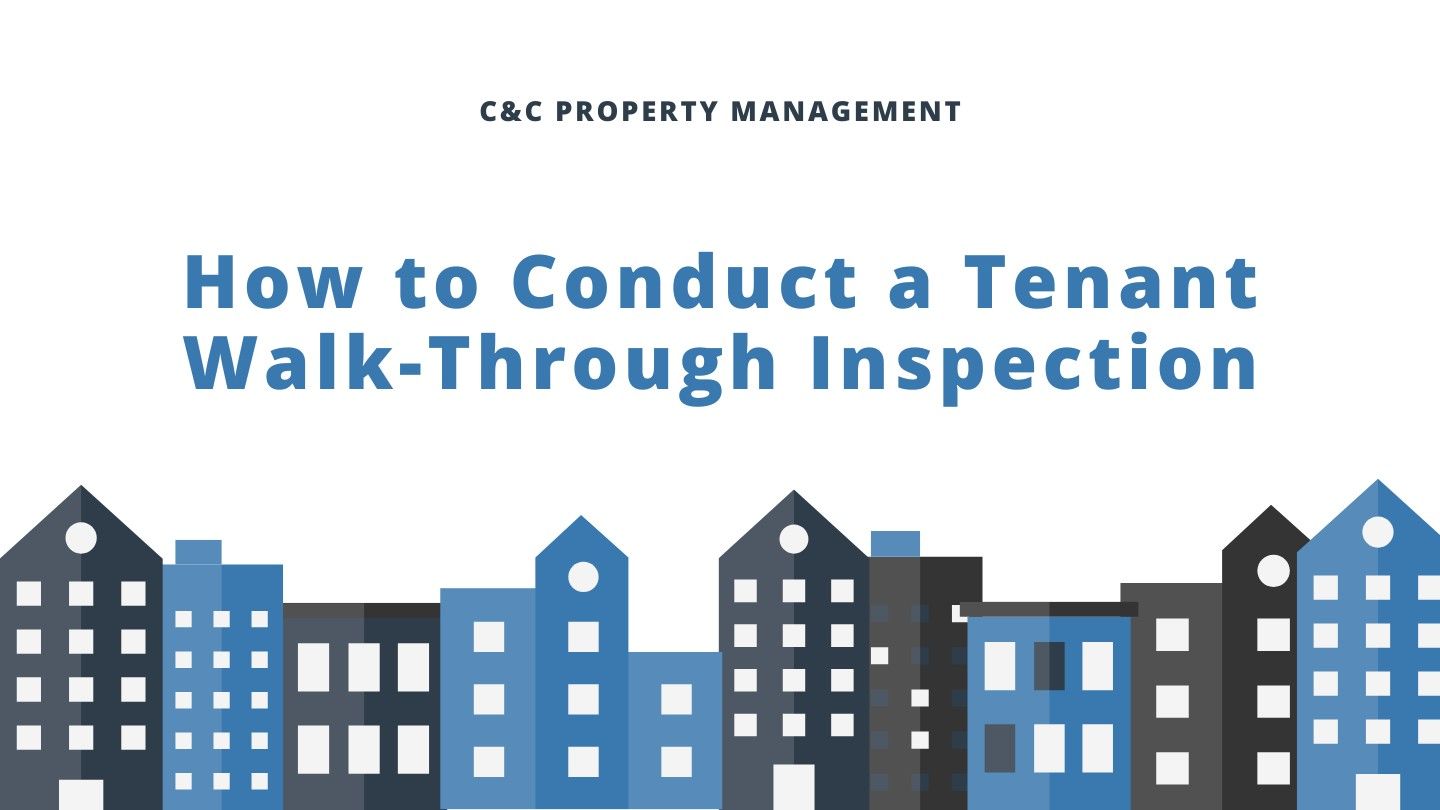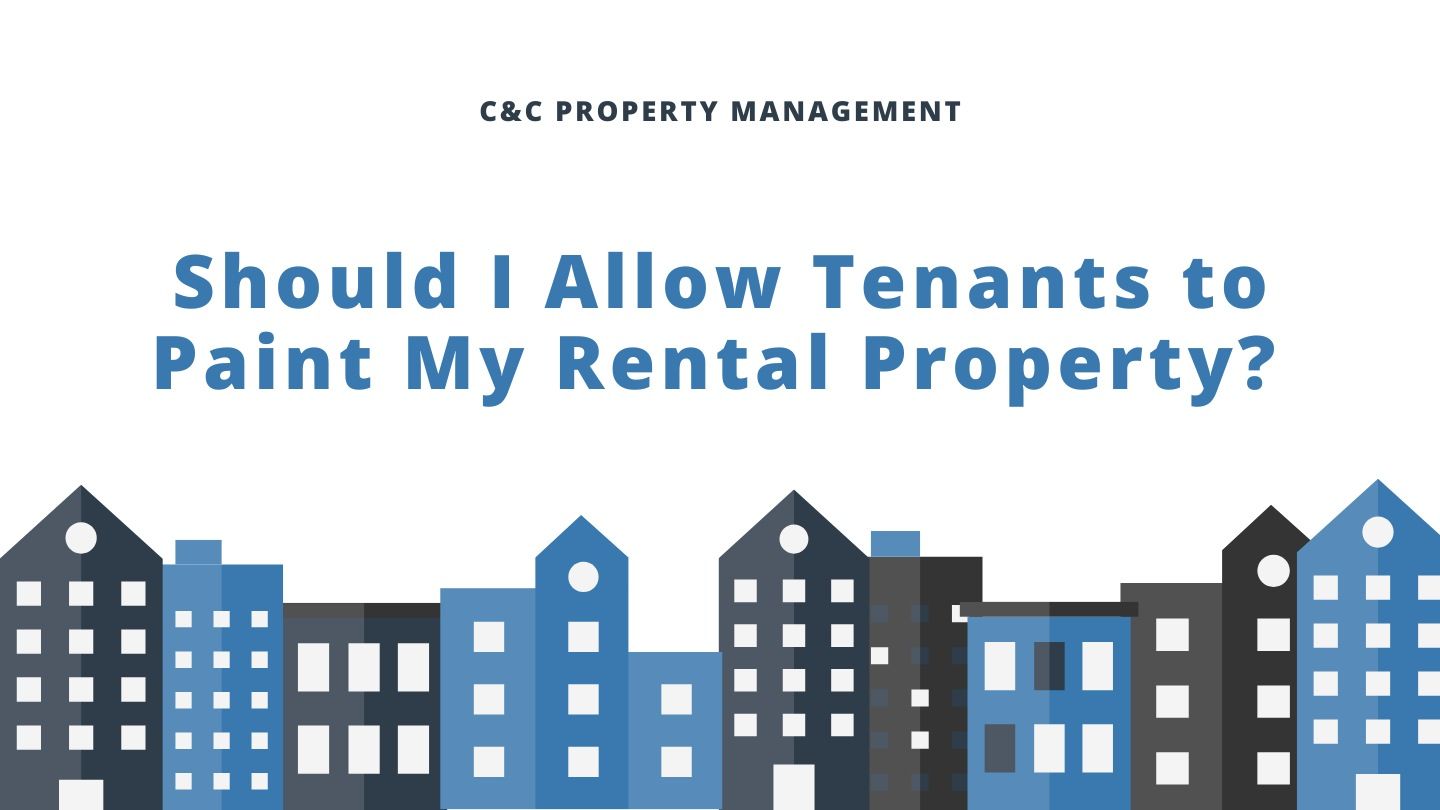Tenant Estoppel Certificate
Are you tired of facing unexpected disputes or unclear tenant agreements when managing your rental property? As a landlord, ensuring that your lease terms are clearly understood and respected by your residents is crucial to maintaining a smooth and profitable operation. This is where a Tenant Estoppel Certificate comes into play.
In this article, we'll dive into the importance of the Tenant Estoppel Certificate, why it's essential for landlords, and how it can save you time, money, and stress in the long run.
What is a Tenant Estoppel Certificate?
A Tenant Estoppel Certificate is a written document that confirms the details of the
lease agreement between a landlord and a resident. It serves as a formal acknowledgment of the terms of the lease and ensures both parties are on the same page.
- Purpose: It essentially “estops” the tenant from later contradicting the facts that are laid out in the certificate.
- What It Confirms: It verifies key details of the lease, such as the rent amount, lease start and end dates, any outstanding payments, and the tenant's obligations.
- Why It’s Important: This certificate is particularly useful in situations like property sales or refinancing, where potential buyers or lenders want to confirm lease terms before proceeding.

Why Should Landlords Use a Tenant Estoppel Certificate?
Landlords should make it a practice to request a Tenant Estoppel Certificate for several reasons, including
protecting their interests and avoiding potential legal troubles. Here are the key benefits:
- Prevents Misunderstandings: It clearly states the terms of the lease, which helps both the landlord and tenant avoid misunderstandings about rent, deposits, or other obligations.
- Protection in Legal Disputes: If a dispute arises later on, the certificate acts as proof of the agreed-upon terms, helping resolve conflicts quickly.
- Property Transactions: If you're selling the property or refinancing, an estoppel certificate provides buyers or lenders with confirmation that there are no hidden issues with your leases, making the process smoother and faster.
- Confirms Lease Terms: The certificate ensures that the tenant is abiding by the terms of the lease, and any changes made to the lease are documented.
Key Components of a Tenant Estoppel Certificate
While the exact content may vary depending on the lease and situation, a typical Tenant Estoppel Certificate will include the following key components:
Lease Details
- The rental amount.
- The length of the lease (start and end dates).
- Renewal terms (if applicable).
- Security deposit amount.
Tenant’s Payment Status
- Whether the tenant has paid all rent due.
- Details of any unpaid rent, late fees, or outstanding charges.
Tenant Obligations
- Maintenance responsibilities (who handles repairs, etc.).
- Compliance with property rules and regulations.
Disclosures
- Any existing disputes or claims made by the tenant against the landlord.
- Whether the tenant has any options or rights under the lease (such as the right of first refusal or the right to extend the lease).

When Should Landlords Request a Tenant Estoppel Certificate?
Knowing the right time to request a Tenant Estoppel Certificate can help landlords avoid potential issues. Here are some key moments when it’s especially useful:
- During Property Transactions: If you are selling your property or refinancing, buyers or lenders will want to verify the details of your lease agreements. A Tenant Estoppel Certificate provides them with confirmation of the lease terms, making the process smoother.
- Before Lease Renewals or Changes: If you plan to renew or amend a lease, requesting an estoppel certificate ensures that both you and the resident agree on the terms.
- When Issues or Disputes Arise: If there’s a disagreement about the lease terms or rent payments, this certificate can help clarify the situation and prevent it from escalating further.
How to Request a Tenant Estoppel Certificate
Requesting a Tenant Estoppel Certificate doesn’t need to be complicated. Here’s a simple step-by-step process:
- Notify the Tenant: Let your resident know that you require the certificate. It’s important to communicate clearly and explain why it’s necessary.
- Provide the Form: Either provide a pre-made estoppel certificate or ask the tenant to fill out a template. Some tenants may not be familiar with the document, so make sure the form is easy to understand.
- Give Enough Time: Allow the tenant enough time to respond. A week or two is usually reasonable, but if the certificate is needed urgently (such as for a property sale), let them know the deadline.
- Review the Response: Once the tenant submits the certificate, carefully review the information to ensure it’s accurate. If there are any discrepancies, follow up with the tenant for clarification.

Legal Importance and Benefits for Landlords
A Tenant Estoppel Certificate doesn’t just provide clarity; it has significant legal value, offering landlords several benefits:
- Protection in Legal Disputes: If a dispute arises, the certificate can be legally binding to confirm the agreed-upon lease terms. This can help protect you if the tenant later claims that certain terms were never agreed upon.
- Proof of Payment History: The certificate often includes a summary of the tenant’s payment history, which can help prove whether rent has been paid on time or if there are any outstanding balances. This can be vital in the event of eviction proceedings or legal claims.
- Clarity for Future Transactions: Whether you’re selling the property, refinancing, or taking legal action, having an up-to-date estoppel certificate can prevent future issues by providing a clear, official record of the lease agreement.
Bottom Line
A tenant estoppel certificate can be a game-changer when it comes to managing your property and securing clear agreements with your residents. C&C Property Management is here to help you navigate this process smoothly.
Our experienced team can guide you in requesting, reviewing, and utilizing estoppel certificates to ensure your lease terms are properly documented. Contact
C&C Property Management today to discuss your options and find the best solutions tailored to your needs.








